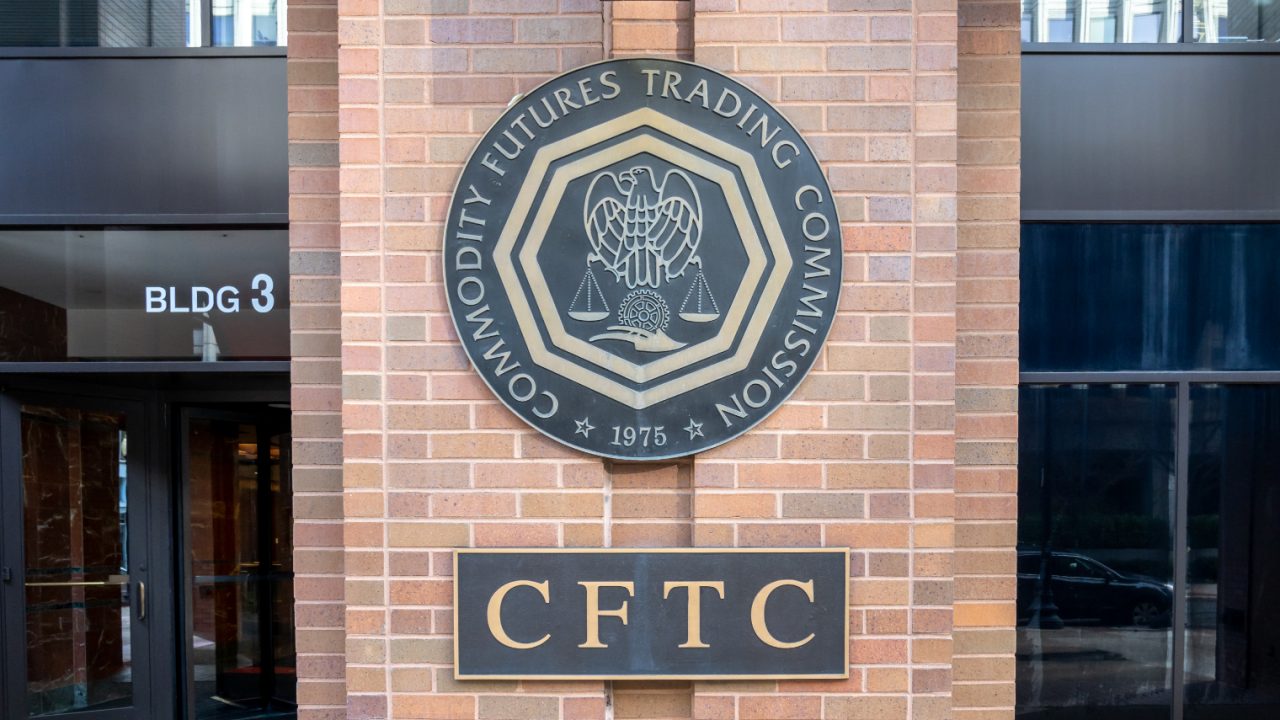CFTC Warns Offshore Crypto Betting Platforms, Including Polymarket
18.09.2024 16:30 1 min. read Alexander Stefanov
The Commodity Futures Trading Commission (CFTC) is closely monitoring offshore crypto betting platforms like Polymarket that offer derivative contracts to U.S. customers, warning of potential enforcement actions for legal violations.
CFTC Chair Rostin Behnam stated on July 17 that the agency is scrutinizing offshore activities to ensure compliance with U.S. laws.
He emphasized that any entity with a significant U.S. presence must register its derivative contracts, or face legal consequences. This enforcement could extend to various financial entities including exchanges and brokers.
Recent months have seen increased scrutiny of blockchain-based prediction markets, particularly as betting on the 2024 presidential election has surged. Polymarket had previously settled with the CFTC in January 2022 for $1.4 million due to unregistered event-based markets.
The CFTC recently faced a setback in a lawsuit against Kalshi, another prediction platform. The court ruled that the CFTC overstepped its authority by demanding Kalshi halt its election markets.
Despite this, Kalshi’s election markets were suspended again on September 12 after an appeals court issued a stay order, following calls from lawmakers for a ban on election betting.
-
1
Weekly Recap: Key Shifts and Milestones Across the Crypto Ecosystem
06.07.2025 17:00 4 min. read -
2
Trump Imposes 50% Tariff on Brazil: Political Tensions and Censorship at the Center
10.07.2025 7:00 2 min. read -
3
Key Crypto Events to Watch in the Next Months
20.07.2025 22:00 2 min. read -
4
USA Imposes Tariffs on Multiple Countries: How the Crypto Market Could React
08.07.2025 8:30 2 min. read -
5
UAE Regulators Dismiss Toncoin Residency Rumors
07.07.2025 11:12 2 min. read
Two Upcoming Decisions Could Shake Crypto Markets This Week
The final days of July could bring critical developments that reshape investor sentiment and influence the next leg of the crypto market’s trend.
Winklevoss Slams JPMorgan for Blocking Gemini’s Banking Access
Tyler Winklevoss, co-founder of crypto exchange Gemini, has accused JPMorgan of retaliating against the platform by freezing its effort to restore banking services.
Robert Kiyosaki Warns: ETFs Aren’t The Real Thing
Renowned author and financial educator Robert Kiyosaki has issued a word of caution to everyday investors relying too heavily on exchange-traded funds (ETFs).
Bitwise CIO: The Four-Year Crypto Cycle is Breaking Down
The classic four-year crypto market cycle—long driven by Bitcoin halvings and boom-bust investor behavior—is losing relevance, according to Bitwise CIO Matt Hougan.
-
1
Weekly Recap: Key Shifts and Milestones Across the Crypto Ecosystem
06.07.2025 17:00 4 min. read -
2
Trump Imposes 50% Tariff on Brazil: Political Tensions and Censorship at the Center
10.07.2025 7:00 2 min. read -
3
Key Crypto Events to Watch in the Next Months
20.07.2025 22:00 2 min. read -
4
USA Imposes Tariffs on Multiple Countries: How the Crypto Market Could React
08.07.2025 8:30 2 min. read -
5
UAE Regulators Dismiss Toncoin Residency Rumors
07.07.2025 11:12 2 min. read


